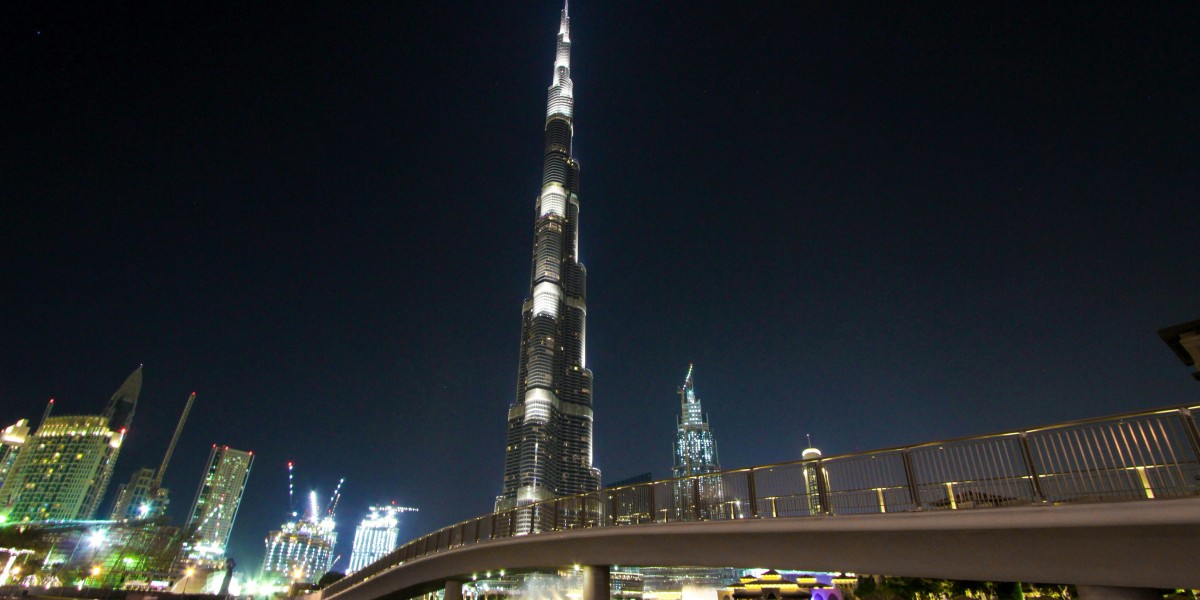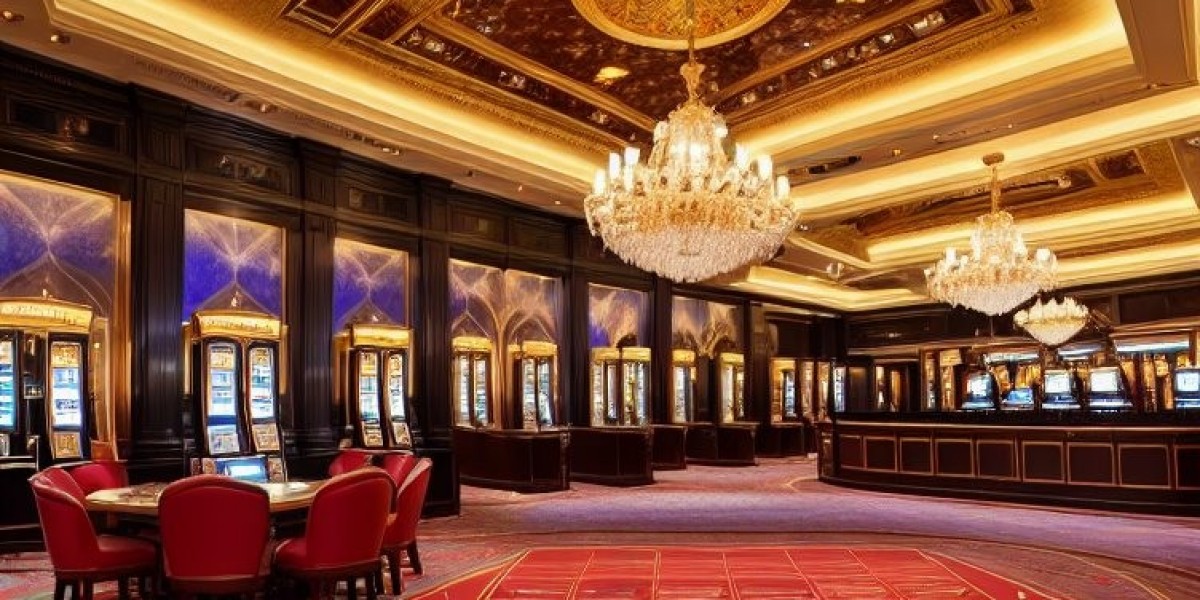UAE: A Land of Innovation, Opportunity, and Global Influence
The United Arab Emirates (UAE) has long stood as a beacon of rapid transformation, blending tradition with futuristic vision. From its modest beginnings as a federation of seven desert emirates in 1971, the UAE has evolved into a global hub of innovation, commerce, and tourism. This article delves into the multifaceted aspects of the UAE, exploring its economy, culture, technological advancements, and the challenges and opportunities that shape its future.
The UAE’s Economic Landscape: Diversification and Growth
Historically, the UAE’s wealth was synonymous with oil. Abu Dhabi, the largest emirate, holds the majority of the country’s oil reserves, and for decades, oil revenue was the backbone of the economy. However, the UAE’s visionary leaders recognized the importance of economic diversification. Today, sectors like tourism, finance, aviation, real estate, and renewable energy play a crucial role in the country’s GDP.
Dubai, often seen as the face of the UAE’s economic transformation, exemplifies this diversification. With iconic developments such as the Burj Khalifa, Palm Jumeirah, and Dubai International Financial Centre, Dubai has positioned itself as a global business and tourism hub. Similarly, Abu Dhabi has invested heavily in cultural initiatives, including the Louvre Abu Dhabi and the upcoming Guggenheim Abu Dhabi, signaling that the UAE is more than just a commercial powerhouse—it is also an emerging cultural capital.
Tourism in the UAE: Luxury, Culture, and Adventure
Tourism is a cornerstone of the UAE’s diversification strategy. The country attracts millions of visitors annually, drawn to its luxury hotels, world-class shopping, and cultural experiences. Beyond the glitz of Dubai and Abu Dhabi, the UAE offers historical sites, desert safaris, and coastal retreats that appeal to travelers seeking both adventure and heritage.
The UAE has also embraced sustainable tourism. Initiatives such as Masdar City in Abu Dhabi—a hub for renewable energy and sustainable urban planning—highlight the country’s commitment to blending luxury with environmental responsibility. The tourism sector’s growth reflects the UAE’s ability to innovate while honoring its roots, positioning it as a destination that caters to diverse global tastes.
Technological Innovation: Leading the Future
The UAE has emerged as a regional leader in technological innovation, embracing a forward-looking approach to infrastructure, artificial intelligence, and space exploration. In 2019, the UAE made history with the successful launch of the Hope Probe, marking the first Arab mission to Mars. This achievement underscores the country’s dedication to scientific advancement and its ambition to inspire future generations in STEM fields.
Artificial intelligence and smart city initiatives are transforming urban life across the UAE. Projects like Smart Dubai aim to enhance government services, optimize traffic management, and improve public safety through advanced technology. These innovations not only demonstrate the UAE’s commitment to modernization but also reflect a strategic vision of creating a knowledge-based economy less dependent on natural resources.
Education and Workforce Development: Investing in Human Capital
Recognizing that human capital is as critical as economic diversification, the UAE has invested heavily in education and workforce development. Internationally accredited universities, specialized training centers, and vocational programs have been established to nurture talent and attract global expertise. The country’s focus on knowledge and skills development ensures a future-ready workforce capable of driving innovation across various sectors.
Furthermore, initiatives like the Mohammed bin Rashid Smart Learning Program integrate technology into education, preparing students for a digital economy. By emphasizing lifelong learning and professional development, the UAE is cultivating a society equipped to meet the challenges and opportunities of a rapidly evolving global landscape.
Sustainability and Environmental Challenges
Despite its remarkable progress, the UAE faces significant environmental challenges. Water scarcity, extreme temperatures, and dependence on energy-intensive desalination processes pose serious sustainability concerns. In response, the UAE has launched ambitious initiatives such as the UAE Energy Strategy 2050 and the Solar Park in Dubai, which aim to diversify energy sources and reduce carbon emissions.
The country is also promoting green building standards and sustainable urban planning to balance growth with ecological responsibility. These efforts reflect a broader understanding that long-term prosperity in the UAE depends not only on economic and technological advancement but also on careful stewardship of natural resources.
Cultural Identity and Global Influence
While embracing modernization, the UAE maintains a strong commitment to its cultural identity. Traditional values, Islamic heritage, and regional customs continue to shape society, creating a unique blend of old and new. Festivals, art exhibitions, and cultural centers reinforce this identity while attracting global attention.
Moreover, the UAE’s strategic diplomacy and global partnerships amplify its influence on the world stage. From hosting international events like Expo 2020 Dubai to mediating regional conflicts, the UAE has positioned itself as a key player in global economic and geopolitical affairs. This combination of tradition, innovation, and strategic foresight makes the UAE a model for nations seeking to navigate globalization while preserving cultural integrity.
The Road Ahead: Opportunities and Challenges
Looking ahead, the UAE faces both immense opportunities and complex challenges. Technological innovation, renewable energy, and tourism development present pathways for sustainable growth. Simultaneously, environmental pressures, social adaptation to rapid urbanization, and global economic uncertainties require careful management.
For residents and businesses, the UAE’s continued transformation presents unprecedented possibilities for entrepreneurship, research, and creative expression. By leveraging its strategic location, visionary policies, and diverse population, the UAE can continue to thrive as a global hub of progress.
Conclusion: A Vision for the Future
The UAE exemplifies how vision, innovation, and strategic planning can transform a nation. From economic diversification to technological leadership and cultural preservation, the country offers a blueprint for modern development that balances growth with sustainability. As the UAE continues to push boundaries, it invites both residents and global observers to consider the broader implications of its journey: how nations can harness innovation to create prosperity, how culture and tradition can coexist with modernization, and how environmental responsibility can shape a sustainable future. In studying the UAE, we are reminded that with foresight and determination, even the most ambitious dreams can become reality.
































